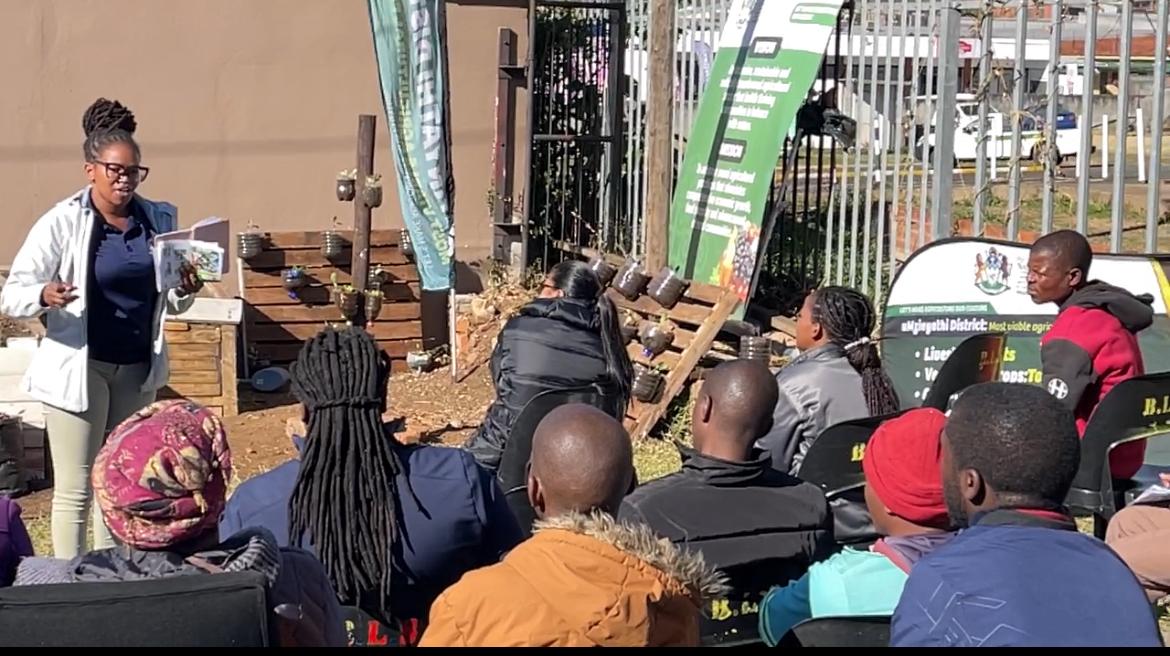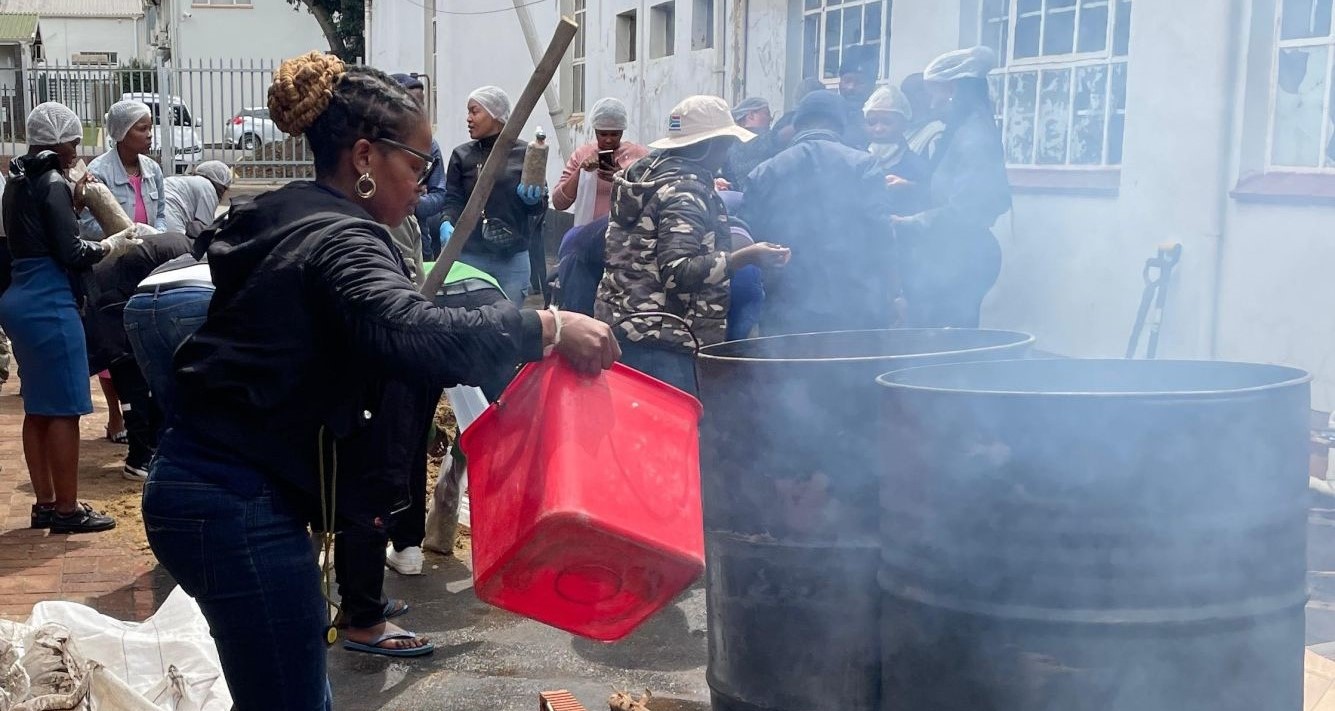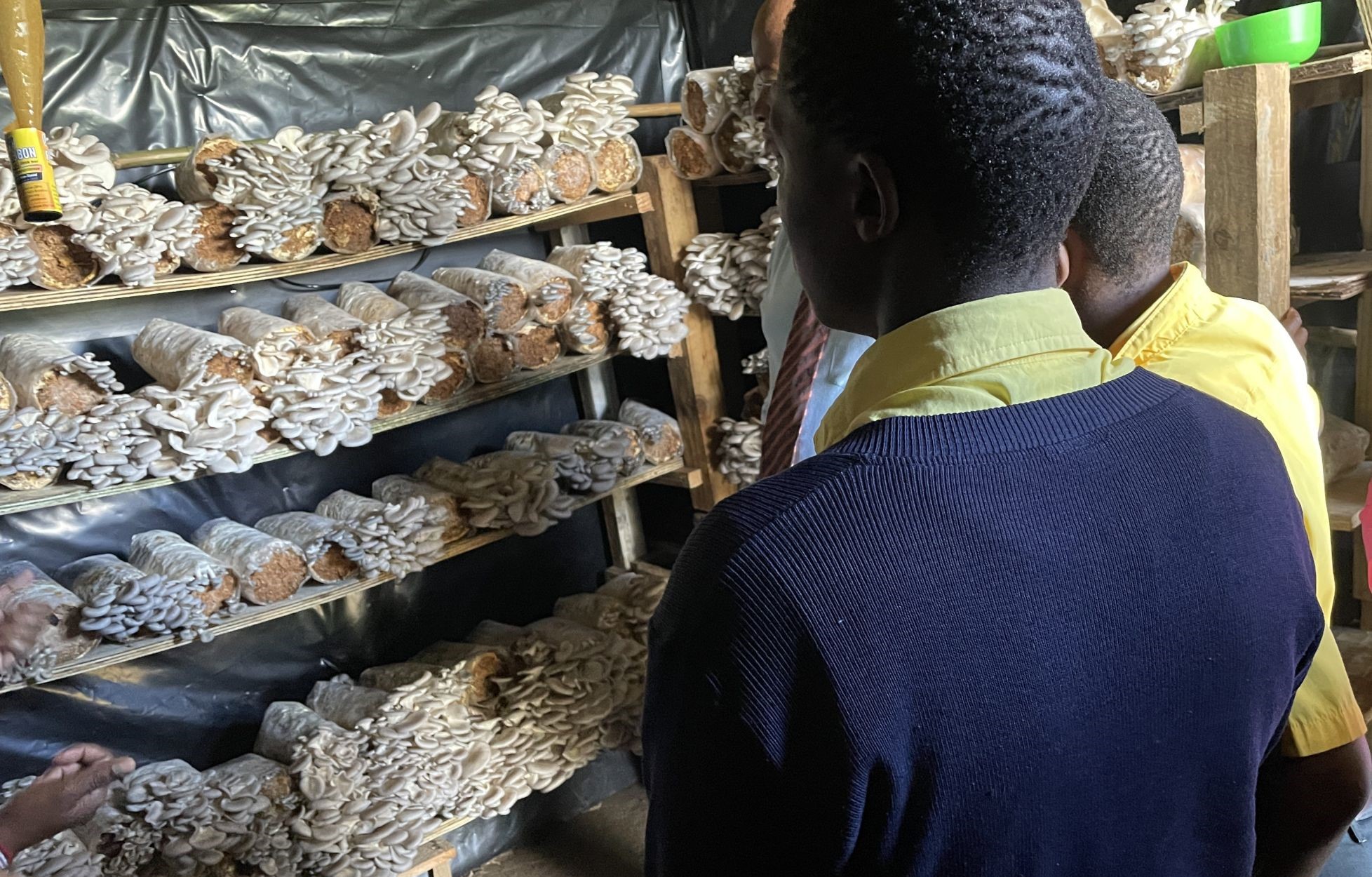SEED FUNDING JOINT PROGRAMMES
Egypt
Strengthening Sustainable and Resilient Food and Nutrition Systems in Egypt for SDG Acceleration




PROJECT TITLE | Strengthening Sustainable and Resilient Food and Nutrition Systems in Egypt for SDG Acceleration |
| Context | Egypt engaged actively in the 2021 Food Systems Summit process, convening a national dialogue and developing national pathways with recommended interventions for improving food security and nutrition by 2030. To enhance multi-sectorial coordination and spearhead the transformation process, the Government created a National Committee for Food and Nutrition Systems chaired by the Prime Minister and bringing together several ministries to coordinate joint actions. Strengthening coordination mechanisms, fostering multi-stakeholder partnerships, consolidating accountability structures, focusing on the availability of evidence, analysis, and data, are identified as key priorities to strengthen the food systems governance structure in Egypt. |
| PUNOs | WFP, FAO, UNICEF |
| Contribution to SDGs | SDG 2 Zero Hunger, SDG 3 Good Health and Well-being, 12 Responsible Consumption and Production. |
| Contribution to other SDG transitions | Climate, biodiversity, pollution |
| Duration | June 2024 – May 2025 |
| Expected financial leverage | $87,000 (PUNO co-financing) |
| Alignment with SG Call to Action | Policy integration; Food systems governance; Research, data, technology and innovation; Inclusive and participatory design; Private sector engagement |
| Outcomes | The JP contributes to strengthening policy and governance frameworks for food systems transformation and generating evidence and analysis on key dimensions of food systems to inform decision-making, supporting the work of the National Committee for Food and Nutrition Systems. The JP complements the government’s flagship program “Country Platform for the Nexus of Water, Food and Energy”, which provides a mechanism to mobilize climate finance and private investments. |
| Partners |
|
| Outputs |
|
How Sizophila Asanda Mqadi is changing urban food systems in South Africa
Sizophila Asanda Mqadi, a graduate of the Hub’s Youth Leadership Programme (YLP), is transforming urban food systems in South Africa by empowering communities to grow oyster mushrooms.

Sizophila Asanda Mqadi leading an oyster mushroom training workshop in her local community of Greytown, South Africa.
Greytown, South Africa – "I never truly appreciated the value of growing your own food until I moved to the city," Sizophila Asanda Mqadi recalls. "In my village, we always had enough. But in urban areas, I saw people starving, and it broke my heart."
From her rural roots in Port Shepstone, South Africa, to working at the KwaZulu-Natal Department of Agriculture and Rural Development in Greytown, Sizophila Asanda has made it her mission to tackle food insecurity head-on. A graduate of the Hub’s Youth Leadership Programme (YLP), supported by the German Federal Ministry for Economic Cooperation and Development, Sizophila Asanda is cultivating resilience and sustainability in her community through her work in urban farming, particularly with smallholder farmers.
Empowered by the Hub’s Youth Leadership Programme
Sizophila Asanda credits the YLP for introducing her to systems thinking, helping her understand the interconnected challenges faced by small-scale farmers in urban areas.
"Before YLP, I struggled to develop strategies or collaborate with stakeholders effectively," she says. "The training gave me a framework to address the root causes of food insecurity, not just the symptoms."
Since completing the programme, Sizophila Asanda has applied these lessons in her work as an extension officer at the KwaZulu-Natal Department of Agriculture and Rural Development. Her responsibilities range from providing technical advice on crop and livestock management to creating educational materials for farmers.
But for Sizophila Asanda, the most rewarding part of her work is working directly with members of her local community to embrace innovative solutions for sustainable food systems.
Promoting urban farming through oyster mushrooms
During the YLP workshop in Accra, Ghana, Sizophila Asanda participated in a hands-on session on oyster mushroom production, learning step-by-step how to create mushroom substrates. "I didn’t realize how simple it could be until I experienced it during the YLP," she reflects.
Inspired by this experience, Sizophila Asanda recognized a significant challenge in her community: urban farmers engaged in oyster mushroom projects often faced shortages of substrates, which were only available in limited quantities. To address this, she collaborated with a microbiologist from her organization to host a practical training workshop, equipping urban farmers with the skills to produce their own substrates.

Pasteurization process of oyster mushroom substrates.
The initiative not only solved supply challenges but also encouraged local production of nutritious food, in addition to improving household incomes of farmers. "This training wasn’t just about farming – it was about creating sustainable opportunities and helping urban farmers make the most of their limited spaces," Sizophila Asanda explains.
By engaging other stakeholders such as local churches, government departments, and correctional services, Sizophila Asanda ensured the initiative reached a diverse audience capable of amplifying its impact within their communities.
She also challenges misconceptions about urban agriculture, emphasizing its role in combating non-communicable diseases like obesity and diabetes, which are closely linked to unhealthy diets. "Many still believe growing vegetables is only possible in rural areas or a pursuit for those living in poverty," she says. "We need more trainings like this to show urban residents it’s a viable and sustainable solution."
Although the project is still in its early stages, its influence is already visible. One local school has successfully begun growing oyster mushrooms, and interest among urban farmers continues to grow, laying a strong foundation for similar initiatives in the future.

Oyster mushroom harvesting at a local school in Greytown, KwaZulu-Natal, South Africa.
Overcoming challenges and looking ahead
Promoting urban farming comes with its share of obstacles. Access to materials for mushroom substrates remains a persistent challenge, often requiring farmers to travel long distances. Sizophila Asanda fears this could discourage participation but remains optimistic.
"My dream is to transform neglected urban spaces into thriving food oases," she says. "I want everyone, regardless of their socioeconomic background, to have access to fresh, nutritious food."
A call to young changemakers
As a young leader, Sizophila Asanda sees youth as central to the future of food systems. "We bring fresh perspectives and ideas," she says. "If we’re given the platform and support, we can create resilient food systems for generations to come."
Her advice to other young changemakers is simple: step out of your comfort zone and connect with others. "The networks I built through YLP gave me the courage to launch projects that are making a real difference."
From rural fields to urban farms, Sizophila Asanda is proving that sustainable agriculture can thrive anywhere.
